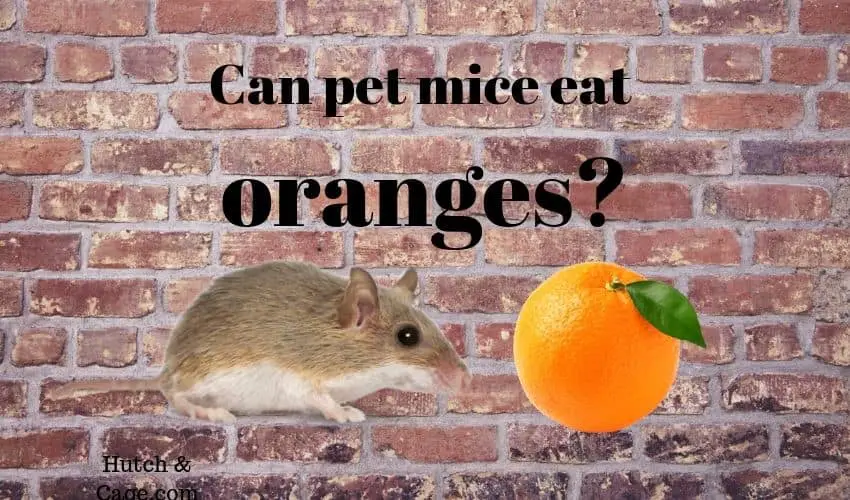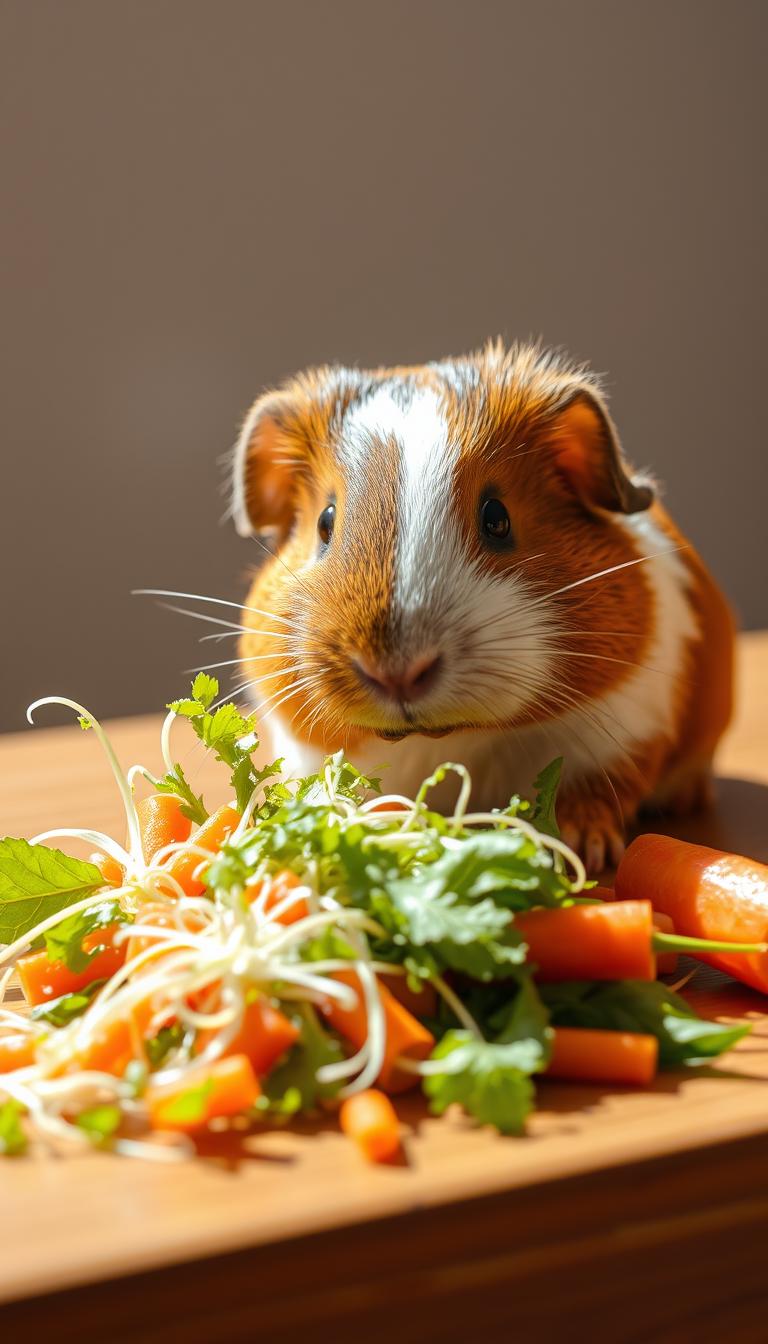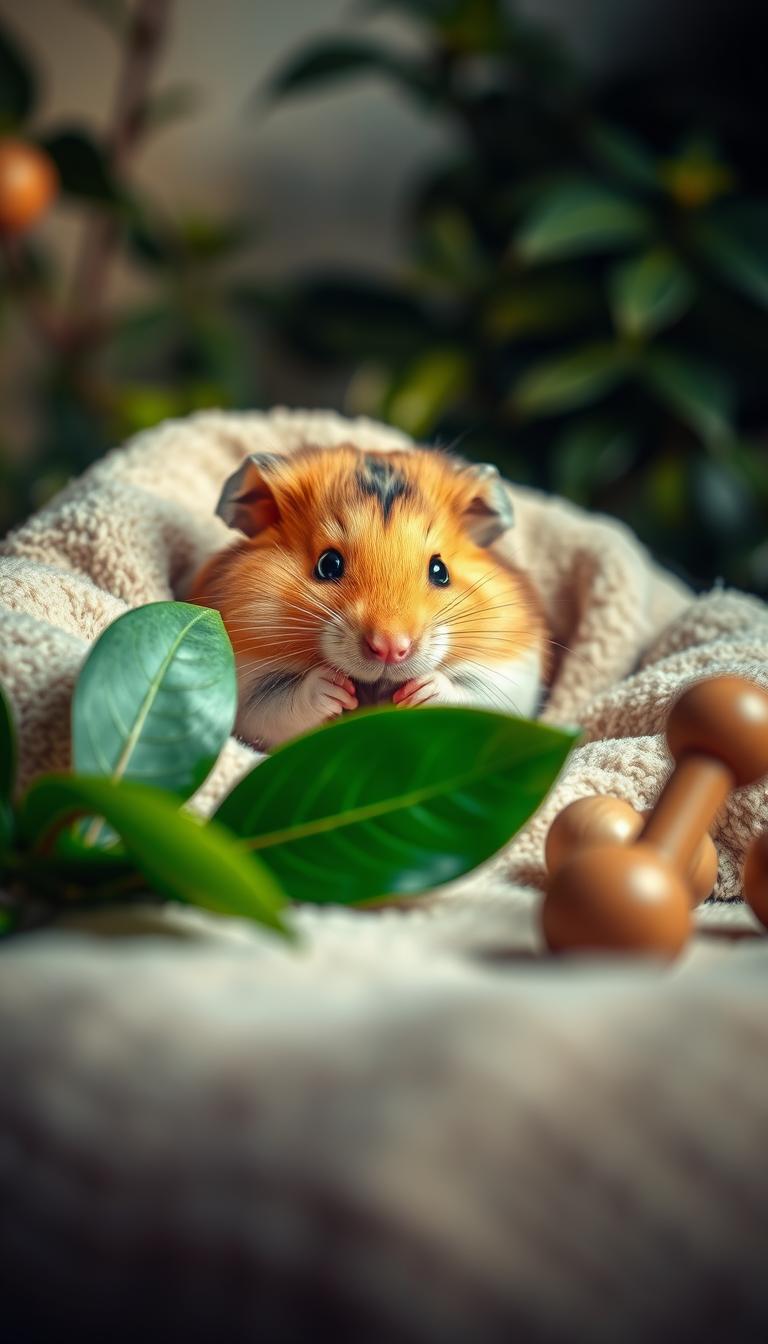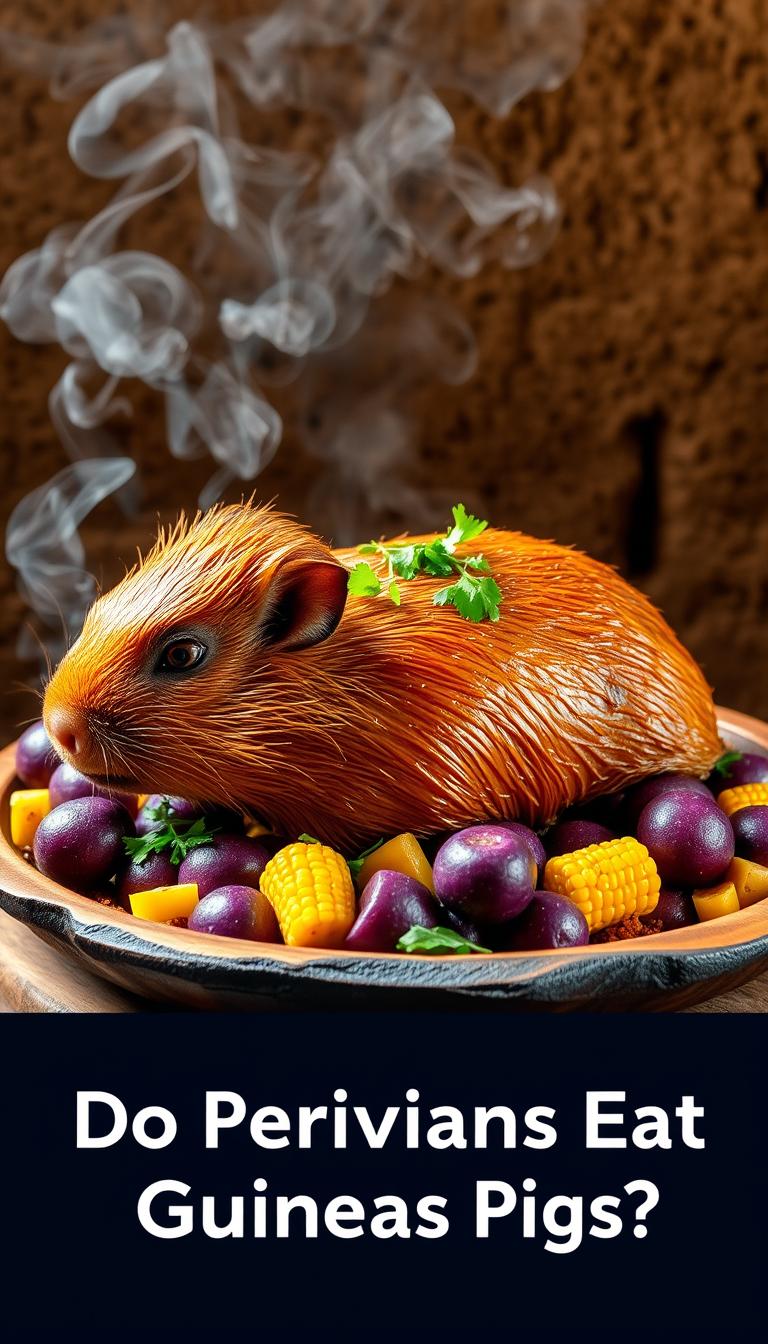While mice can indeed consume many fruits and veggies, there are also several that must be avoided for their health, comfort
So here’s the answer.
Can mice eat oranges?
Oranges are, in fact, are a food that you should avoid feeding to pet mice. The high acidity in an orange can all too easily cause them diarrhea and the general upset of the tummy. Lemons, limes and other fruits high in citrus should also be avoided entirely.
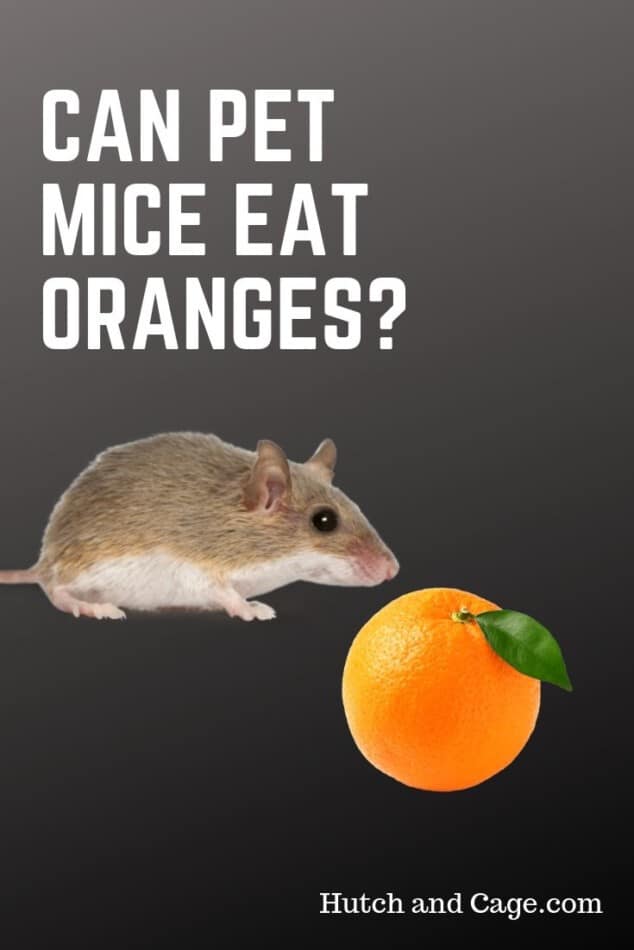
Table of Contents
Fruits and Veggies Make Great Treats and Supplements for Mice
Along with the value it offers nutritionally, fresh produce will stimulate your mouse’s wild side, energizing them and lifting their spirits.
There are plenty of foods, aside from the standard pellets, that mice can safely enjoy.
Below are 10 foods mice love to eat, which are sure to make your little pet happy.
1. Fruit In Moderation Is A Healthy Treat For Mice
Mice are quite fond of apples. The only concern with this popular fruit is that it contains seeds that are poisonous to humans and other animals alike.
While the dose in a few seeds is too small to do serious harm to larger creatures, to smaller ones, like mice, that dose can be deadly. Before feeding your mouse apples, be sure to dispose of the seeds appropriately.
Pears also make a fine choice.

pet mouse food?
Do not feed your mouse any fruit that is not well-known to be safe. Some can prove toxic. Melons and plums are okay to let your mouse try, as are blueberries.
Simply be sure to remove any pits or seeds properly. Once your mouse is finished eating, promptly clean up any leftover produce. This will
prevent the food from rotting, which can otherwise happen quickly.
With all fruit, moderation is key. Feed only a tiny portion, cut up into even smaller bits, once per day.
You see, fruit is high in sugar naturally. In the proper amounts, this makes for a treat that is perfectly okay.
The fiber and vitamins make it healthy. However, for a mouse, an excess of sugar of any kind can cause a detrimental blood sugar spike.
2. Veggies Make A Great Mouse Snack
Vegetables actually serve a couple of purposes for mice. First, they are tasty and nutritious, and make an excellent snack, treat, and supplement dietarily. They provide a balanced amount of carbohydrates, vitamins
TOP TIP: A good rule-of-the-thumb is half of a slice of an apple, peach, pear, etc.; a couple of berries, and so on. Simply think mouse-sized portions.
Petco have a great article on diet requirements.
Secondly, mice’s teeth continue to grow constantly throughout their life. Chewing crunchy veggies is one of the main ways they keep this in check. Following are some of the best vegetables to feed your mouse:
3. Peas Are A Sweet And Crispy Mouse Snack
To mice, who consume primarily plants, peas and other sweet fruits and veggies taste like candy. They are much healthier, fortunately! Still, administer only a few peas per day.
When feeding veggies, whatever you choose, make sure that the amount remains the same each day.
4. Broccoli Is Very Nutritious And Crunchy For Mice
Mice do not find broccoli outdoors naturally. Having access to this nourishing veggie, and other fresh produce is a huge benefit for mice in captivity. This is a nice way to nourish and pamper your little buddy.
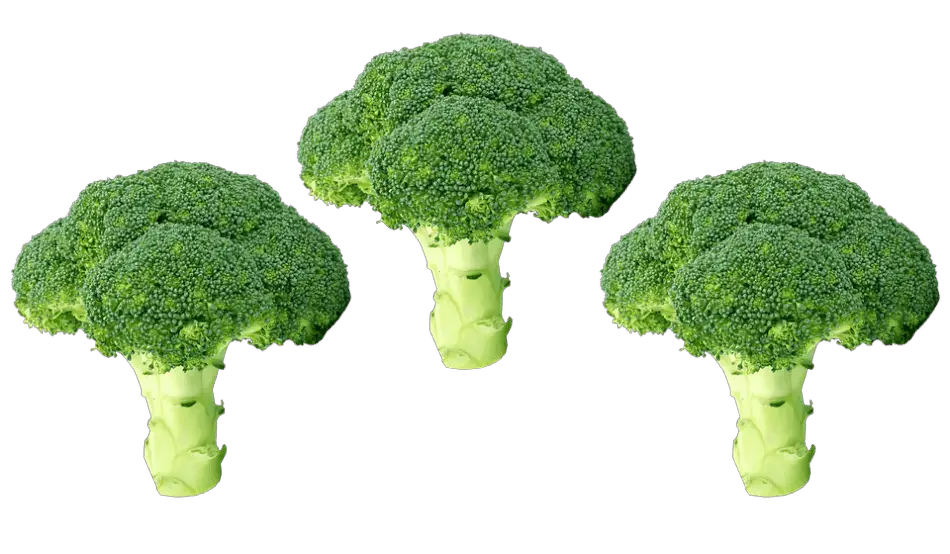
5. Carrots Are A Nutritious Food That Mice Love To Gnaw
Chock-full of fiber, carrots, like many veggies, contain what mice require above all else. Fiber keeps their system running smoothly. As with humans, it helps balance out their blood sugar, and aids digestion immensely.
Basically, fiber is what keeps them going. Carrots offer plenty of fiber and a crisp texture your mouse can really sink their teeth into.
TOP TIP: Cauliflower is much the same as broccoli, only mice tend to prefer the leaves.
Along with fiber, carrots also contain a great deal of vitamins and minerals. Carrots are a good way for your mouse to hydrate as well – and hydration is key to a healthy urinary tract, digestive system and kidneys.
Additionally, most mice will not say no to cucumber or green cabbage.
Mice are Opportunistic Omnivores
Opportunistic omnivore means that, while mice, in particular, prefer plants, they are not picky, and will also eat bugs, worms and the like; whatever is available readily.
With this in mind, you can certainly offer your mouse some “meatier” foods, and well as other high-protein options. Some good choices are as follows:
6. Eggs Are A Good Source Of Protein For Mice
You can feed your mouse eggs served a couple of ways: scrambled and boiled. Just make sure not to cook scrambled eggs in garlic, and do not add salt, either; mice should get plenty of sodium from their diet in other ways naturally.
Feed your mice only tiny cubes of boiled egg and only a few bits of scrambled eggs. These can make a nice protein supplement dietarily.
7. Mice Can Get Protein From Beans And Other Pulses
While beans are a nice snack option for mice, they must never be served raw. This will only harm your mouse. Beans of many kinds, cooked fully, are mouse-safe.
Chickpeas are another sound choice, along with other pulses, like lentils. A pulse is a legume, a food category in which most things are mouse-safe.
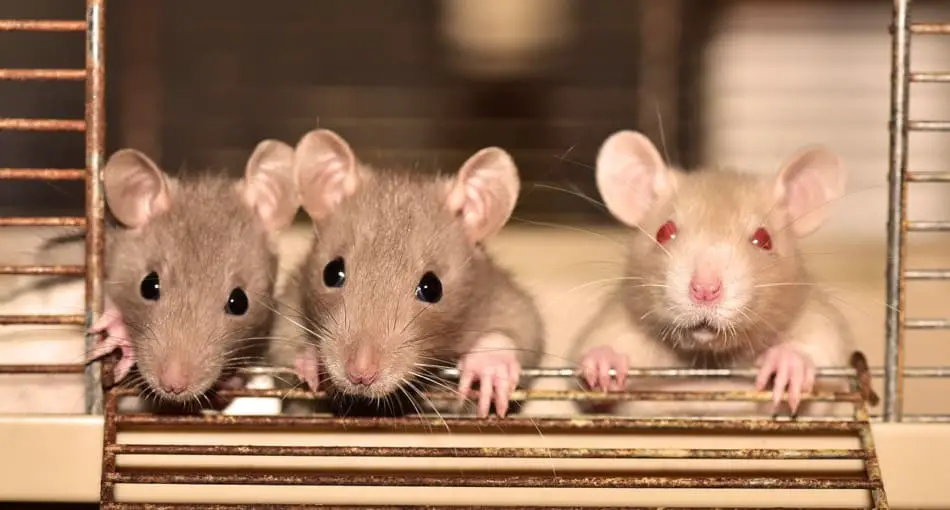
8. Mice Can Have Some Lean Meats
In the wild, mice tend to eat mostly vegetation, though they are omnivores. In captivity, mice behave a little less instinctively and are more inclined to eat foods that they wouldn’t have access to naturally.
Meat is one of these.
Mice can in fact consume lean meats, moderated carefully. They are glad to eat whatever humans do, really.
So it is up to you to make sure that what they eat is safe and healthy.
9. Mice Like To Forage For Mealworms
Feed your mouse mealworms only one or two at a time, once daily. Mealworms mimic the bugs that mice eat in the wild, and bring out their forager instincts.
Your mouse will like frozen mealworms every once in a while, most likely.
10. Mice Should Eat Mouse Pellets Primarily
Mouse Pellets should be the bulk of what your mouse eats daily. Be sure to pick a brand that is higher in protein and lower in carbohydrates.
As with any pet foods, keep an eye out for fillers and look for quality. You should be able to find a solid mouse food for a reasonable price at most pet stores or online.
TOP TIP: Pellets treats are excellent for their teeth. The crunchy bits whittle them down effectively.
One of the reasons pellets are so highly recommended for mice is that they are complete nutritionally. Vegetables, fruits, and even mouse food mixes simply do not offer all of the nutrients necessary.
Along with this, pellets are comprised of fiber, mostly. As touched on earlier, fiber is a major staple for mice dietarily. Pellets will help keep your mouse’s digestive tract running smoothly.
Some Foods are Unhealthy and even Toxic for Mice

Read reviews here!
There are some things that you simply should not feed your mouse. A few of the most unhealthy culprits are cookies, peanut butter, bacon, and of course, chocolate and any other candy. These foods can cause tummy aches at best, and poison your mouse in cases that are severe.
An example of a truly poisonous food is chocolate. Not only is chocolate acidic, and high in sugar and fats, it also contains theobromine.
This is a chemical that, to mice, is deadly. Needless to say, never feed chocolate to your mouse. This is one of the foods to keep up high and away.
Bacon is Really Fatty and Unhealthy for Mice
While mice can eat lean meats, bacon is certainly not one of these. Mice may like the taste, but this is one of the foods to keep away. For mice, excess fat is never healthy.
Mice are Mischievous When it Comes to Food Mixes
Mice have no qualms about eating their favorite bits of a food mix and leaving the rest behind, ultimately. Unfortunately, mice do not have the good sense to eat healthily.
They will eat the most savory, fattiest bits, and become malnourished and obese on a food mix. You can offer mix ingredients as a treat, rarely.
Garlic and Onion are Toxic to Mice
Like chocolate, garlic and onions contain theobromine, which is poisonous to mice. Prevent them from reaching these foods entirely.
Also avoid wheat, corn, peanuts (for the same reason as peanut butter) grapes, and anything spicy.
Now that you have a general idea of what and what not to feed your mouse, you should consider your methodology. Mice are fine simply eating out of a food bowl.
They prefer, however, to forage. Hide a few bits of food here and there in the cage and watch your mouse sniff it out eagerly.
This is a cute sight to see. Mice have impressively keen noses, and are clever little guys.
Be sure that your mouse finds their food, of course, and eats properly. Remove any leftovers shortly. In the wild, mice spend a great deal of time foraging like this.
This really is a fantastic way to simulate their natural lifestyle. Foraging is very stimulating for mice and is beneficial for their mind and body.
This activity helps keep their weight under control, and will keep them alert and full of curiosity.
If you have multiple mice, then hiding treats is highly recommended. Some mice like to hog the food in a bowl. When each mouse has to use their foraging skills to eat, it is easier for them to locate their own portions separately.
Feed your mice according to the pellet package directions each day. Also provide them with plenty of fresh, clean water daily. A bottle with a steel spout and ball should be used, ideally.
Top 5 Best Pet mice Food






Introduce New Foods to Your Mouse Slowly
When offering your mouse a new food to try, use even smaller portions than you would normally. As usual, pellets should still compose the majority.
You can bring a new fruit or veggie into their diet over time, gradually.
If you offer your mouse a bunch of new food all at once, they will probably become sick. The digestive system of a mouse is sensitive and requires time to adapt appropriately.
Conclusion: Can mice eat oranges?
As you can see, though mice cannot eat oranges, and a few other toxic foods, there are also foods that they can eat aplenty! Do not fear to offer your mouse some variety.
Simply observe their preferences, their state of health, their weight, etc.
Each mouse is an individual, and they will have their favorite treats, doubtlessly.
Befriend your mouse and feed them thoughtfully and they will thank you with delightful, quietly friendly company. Instead of an orange, share a little bit of an apple with your little guy -a safe treat for humans and mice alike.
F.A.Q
- Can mice eat oranges? No, pet mice cannot eat oranges.
- How much should you feed a pet mouse? Tiny portions 3-4 times a day is better than one big feed.
- Can pet mice eat any fruits and vegetables? No, some fruits and vegetables contain toxins which can poison your pet mouse.

